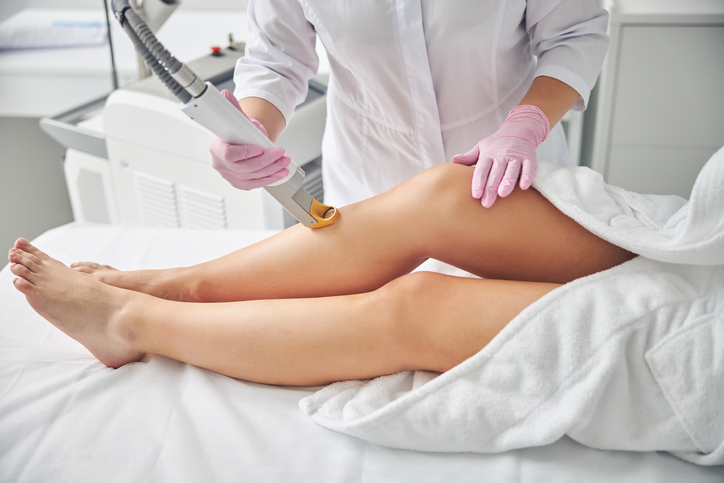
The evolution of intense pulsed light
Intense pulsed light (IPL) has become a staple in beauty salons and dermatology clinics. Learn how it works for hair removal, acne management, and more.
Dr Michael Rich is a specialist dermatologist who has been performing tumescent liposuction for over 30 years. Find out if Liposuction is suitable for you at ENRICH Clinic.
At ENRICH Clinic, we have a wide range of dermatological and cosmetic body treatments tailored to individual body and patient needs.
At ENRICH Clinic, our treatments are performed by our medical team consisting of doctors, nurses, and dermatologists and are tailored to each patient’s skin health needs.
ENRICH Clinic is committed to your skin health and well-being with a range of dermatological & cosmetic treatments tailored to the individual. Our treatments are performed by our medical team consisting of doctors, nurses, and dermatologists.
Skin health is essential for everyone. ENRICH Clinic has a wide range of technologies and dermatological solutions to help you achieve your skin care goals.
A dermatologist is a specialist skin, hair and nail doctor who has completed not only their medical degree, but several extra years of training. Not everyone is accepted to be a dermatologist; a medical student must become a doctor at a teaching hospital, then apply to be accepted to further study.
A dermatologist can diagnose, treat and prevent about 3,000 skin diseases, but a dermatologist can also improve the appearance of your skin, hair and nails, including modifying scarring.
We are covered from head to toe in several layers of skin, which acts as a barrier to the outside world. Our skin is subjected to the outside world – physical, chemical and biological intrusions and it protects the rest of our body from these intrusions. This makes the skin one of the most important organs we have.
‘Skin’ can also include the ‘wet’ parts of our bodies, since this tissue is also part of our dermal protection. This might include eyelids, nose, genitals or the mouth, though these also have crossover with gynaecologists, nose and throat specialists, optometrists or dentists.
About a tenth of those seeing their regular doctor will be doing so because they have a skin problem. It could range from acne to dandruff to toenail fungus and everything in between. Once your regular GP has assessed the problem, a dermatologist may be recommended to assist with treatments or diagnosis.
The word dermatology can be broken down into its two Ancient Greek parts:
derma – the skin
ology – the study of
“Dermatology involves but is not limited to study, research, and diagnosis of normal and disorders, diseases, cancers, cosmetic and ageing conditions of the skin, fat, hair, nails and oral and genital membranes, and the management of these by different investigations and therapies”
Anyone can see a dermatologist, but in Australia, a doctor is most likely to refer you. Specialist dermatologists can be sought independently for treatment by anyone – our Enrich clinic takes bookings from the general public for consultations with our specialist dermatologists.
We have patients of all ages, including babies, teens and the elderly.
Dermatologists, due to our Australian climate, often deal with the negative effects of sun on skin. That is, sun damage causing wrinkles, moles, freckles, sunspots and cancers. dermatologists also treat and manage a huge variety of skin, scalp, hair and nail problems.
Cosmetic dermatology is focused on the appearance of skin, rather than a disease per se. Some of our most popular treatments are actually cosmetic dermatology procedures that improve the appearance of skin, for example muscle-relaxant anti-wrinkle injections or liposuction for body contouring & fat reduction. Not all procedures are to treat disease, which means we do all manner of beautifying skin treatments too. We can address wrinkles, blemishes, liver spots, sagging skin, sun-damaged skin, and lips that have lost their fullness, for example.
Cosmetic dermatology has been responsible for some great advances in medicine, for example perfecting the techniques we now use for some people suffering spasticity and migraines with anti-wrinkle injections, and for advancing reconstructive techniques for those who have had extreme surgeries like mastectomy (breast removal). We help make people feel more like themselves.
Cosmetic dermatology has played an important role in the advancement of medicine in some incredible aspects.
Using treatments on the skin, hair, or nails to improve aesthetics – possibly useful for scarring, wrinkles, unwanted fat deposits, skin resurfacing, tattoo removal, hair transplantation, etc.
Samples are taken from skin, hair, or nails to be examined under the microscope, as a form of diagnosis. This is particularly useful for, say, skin cancer diagnosis, which may be more specialised.
A Mohs (micrographic) dermatologist may perform the removal of a skin cancer, in a specialised procedure. The procedure is done in stages, including lab work, often while the patient waits.
A dermatologist who performs surgery to treat skin, hair, or nail disease.
A dermatologist who diagnoses, treats and manages disease of the skin, hair, and nails.
This is a dermatologist who specifically treats children. Some conditions affect children more than adults, such as eczema and certain infections.
A dermatologist has your best skin health in mind. They have trained specifically in this field dealing with skin, hair and nail health. Whatever your skin needs, a dermatologist should be able to help. At ENRICH we can have a range of equipment and combined with our experienced dermatologists and doctors we can help you on your way to better, healthier skin.
Treating acne can be really difficult, so a dermatologist is well-placed to help clear up your skin. We use a variety of treatments depending on your particular acne issue. Talk to the team at ENRICH clinic for more information on your acne-treating options.
Scarring caused by acne can really put a dampener on your self-image. There are things we can do to reduce acne scarring, from remodelling collagen to laser resurfacing, with some really effective options now appearing, technologically speaking.
We have a range of lasers that we use for everything from removing unwanted blood vessels to resurfacing the skin. Our resurfacing lasers target just the top layers to reveal the fresh skin beneath, removing whatever was on top, bit by bit. Laser resurfacing is an multi-treatment strategy used for many skin conditions. Give us a call, and we can book you in for a consult to see if laser resurfacing is right for you.
Excessive sweating: hyperhidrosis
Being too sweaty in all the wrong places can be annoying. Treating hyperhidrosis, particularly stubborn cases, can be tricky, but we have a solid handful of treatments to try.
Rosacea is classified as a chronic inflammatory condition, more prevalent in those with fair skin. Several factors may trigger rosacea, with some triggers easy to identify, while others are more obscure, requiring a trial and error approach to determine the aggravating factor and offer appropriate treatments.
There are many reasons why pigmentation may develop on the skin. A dermatologist will be able to place your pigmentation into the right category, and then offer treatment strategies based on that information.
Melasma – melanin-producing cells producing too much pigment – treatment can get tricky, so finding a trusted dermatologist near you is a useful step. Find a dermatologist who is well acquainted with treating melasma, since it is a condition that remains responsive to a variety of management techniques and a cases vary. Having a dermatologist treating you means you will get qualified care. Our dermatologists can help advise the best melasma treatment for you.
Vitiligo is a pigmentation issue whereby the melanin-producing cells stop producing melanin for a reason we do not know, resulting in areas of pale, pigment-free skin. Treating vitiligo can be tricky, and sometimes the only option is to cover the pale areas with specialised skin-coloured products. Our specialist dermatologists can advise on the course of action for your unique case, and help find the cause of your vitiligo as well as help treat the symptoms.
There are several blood-vessel conditions that can affect us throughout our lives, ranging from varicose and spider veins to port wine stains. Each of these has its own unique characteristics, and each treatment will be different depending on the size, depth and nature of the blood vessel issue.
Our dermatologists can diagnose, treat and help many blood vessel conditions that appear on the skin, including:
*With all surgeries or procedures, there are risks. Consult your physician (GP) before undertaking any surgical or cosmetic procedure. Please read the consent forms carefully and be informed about every aspect of your treatment. Surgeries such as liposuction have a mandatory seven-day cooling-off period to give patients adequate time to be sure of their surgery choice. Results may also vary from person to person due to many factors, including the individual’s genetics, diet and exercise. Before and after photos are only relevant to the patient in the photo and do not necessarily reflect the results other patients may experience. Ask questions. Our team of dermatologists, doctors and nurses are here to help you with any of your queries. This page is not advice and is intended to be informational only. We endeavour to keep all our information up to date; however, this site is intended as a guide and not a definitive information portal or in any way constitutes medical advice.
"*" indicates required fields

Intense pulsed light (IPL) has become a staple in beauty salons and dermatology clinics. Learn how it works for hair removal, acne management, and more.
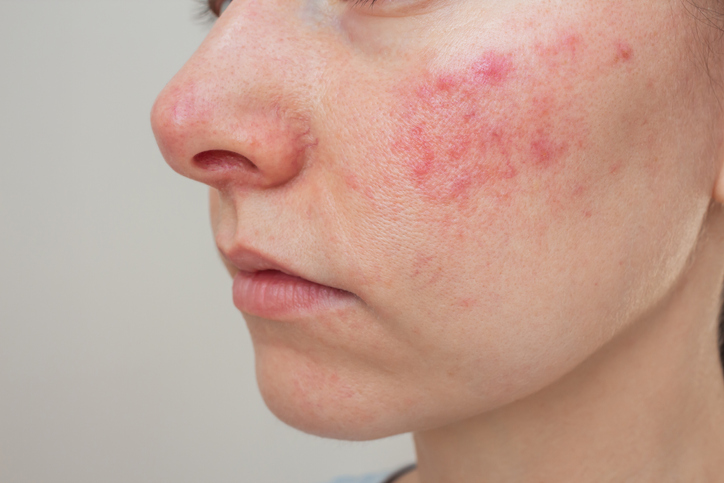
Worried you have eczema, dermatitis, or psoriasis? We talk symptoms, causes, triggers, and treatments for these common causes of itchy skin.

Research has shown that snoring can be reduced by up to 60% after two or three treatments with ENRICH Clinic’s high-tech target lasers designed to tighten the soft palate and stop snoring.
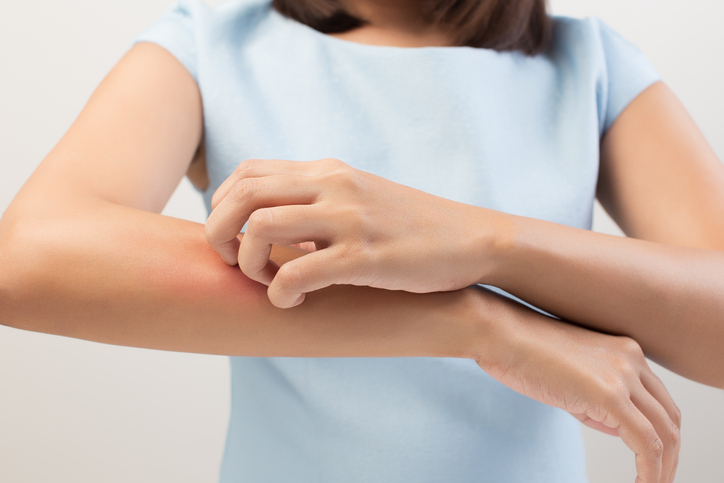
Suddenly dealing with itchy skin? We’ll talk about the common causes and how to find relief.
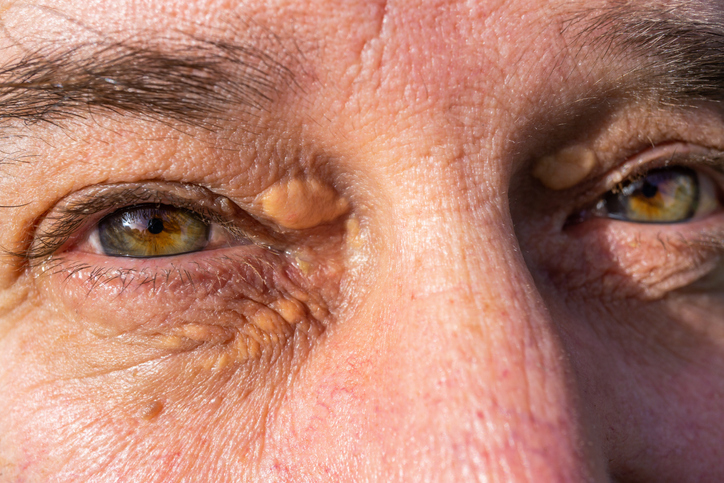
We talk about the symptoms and treatments of xanthelasma, which causes yellow growths on the skin.
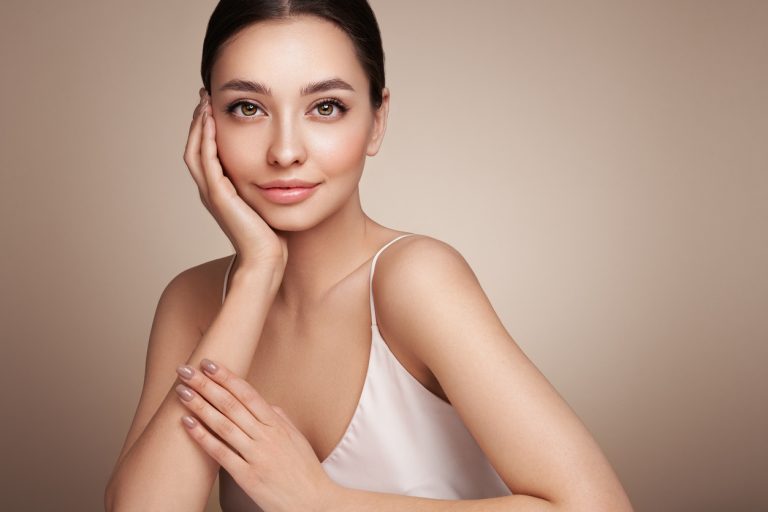
If you’re not sure what to focus on with your beauty routine, we’ve picked five favourites!
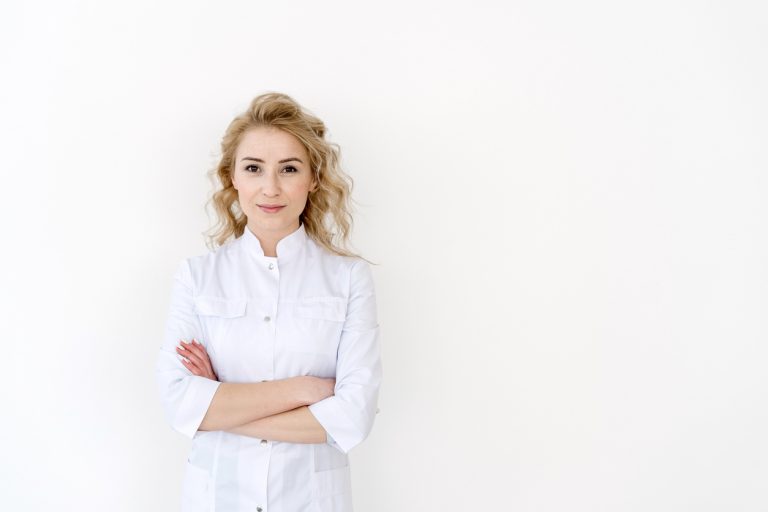
We explain the differences between the different types of skin and cosmetic doctors in plain English.

Acne is an inflammatory skin condition resulting in whiteheads, blackheads & pimples appearing predominantly on the face, forehead, chest, upper back & shoulders. Dr Michael
Subscribe to the ENRICH newsletter and receive latest news & updates from our team.
Enrich Clinic acknowledges the Traditional Lands of the Wurundjeri Woi Wurrung and Bunurong peoples of the East Kulin Nations on which we work and trade. We pay respect to their Elders past, present and emerging. We extend our acknowledgement and respect to the LGBTQIA+ community who we welcome and support. Read our full Acknowledgement Statement here
